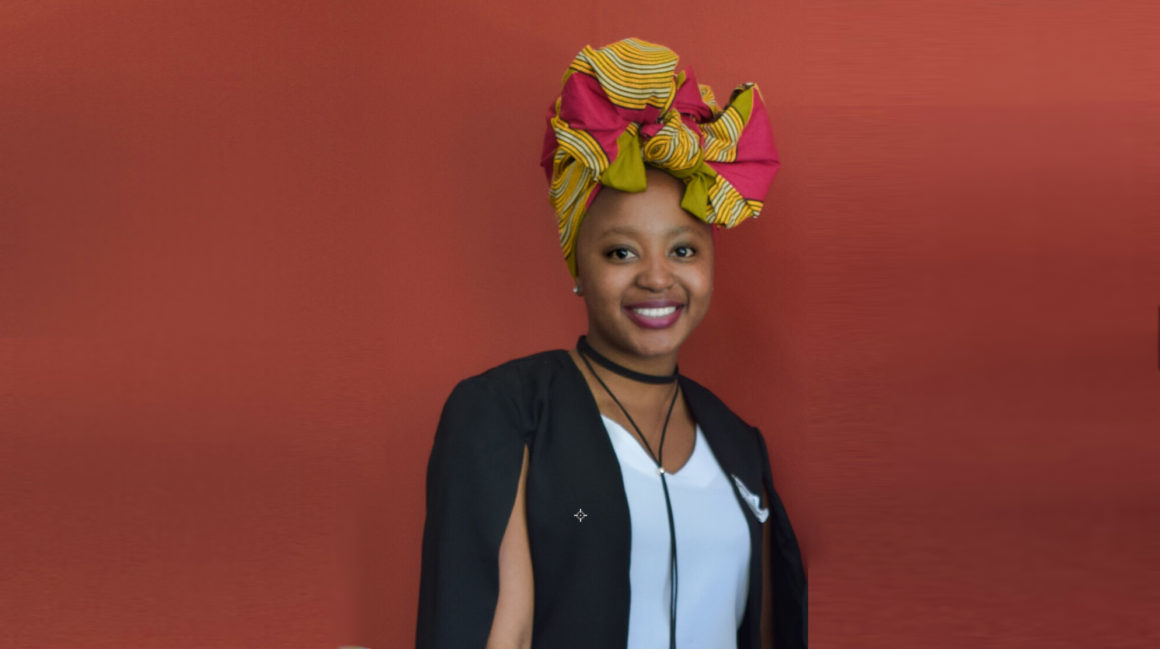The seeds of success in every nation on Earth are best planted in women.” – Joyce Banda
Mamodikwe Kungoane is a 22-year-old young woman, born and raised in Johannesburg (South to West), South Africa. She is a dynamic goal-orientated public health practitioner. Mamodikwe aspires to become a leader in health policy, advocacy as well as health program planning.
What led you to pursue a career in health?
Healthcare is a field I have always seen myself working in. Growing up, I sought to become a paediatrician, but that dream transformed into another when I was completing my job-shadowing program at Charlotte Maxeke Johannesburg Academic Hospital. During the program, I found that there is a great skills deficit in our country, and too many beneficiaries of tertiary level healthcare. That redirected my interest and birthed my passion for public health. I knew that my efforts needed to be placed at the source of the problem, which is prevention.
What are you most proud of?
Personally, I am proud of my ability to connect individual ideas and consolidate them into practically applicable plans. That is definitely something I pride myself in because that is what I believe public health is about- having multidisciplinary bodies join forces to achieve a common goal
What do you wish you had done differently?
My career is only at its foundation and so I cannot wish to have changed my methods. However, I do wish that I had trusted my intuition enough at an earlier stage, as this would have magnified the impact that I had in all the programs I was previously involved with. To elaborate, while I was studying my undergraduate degree in Public Health, at Monash South Africa, I was involved in a lot of community engagement activities that ranged from education to human trafficking awareness drives. On many occasions, I had made valuable contributions yet I lacked the confidence to materialise these ideas. An example of this is an agricultural social entrepreneurship initiative that utilised school grounds to grow vegetables that would be distributed to underprivileged scholars of those schools. I was sceptical to pursue this again based on failures associated with its initial take off.
What are some of the biggest challenges you have faced? What are some of the lessons learnt?
The biggest challenge that I have faced is related to mentorship and career guidance. Public Health, to me, has always presented itself as an exclusive field to enter. Even though there are a lot of divisions of the field, one never really knows which steps need to be taken to advance your career outside of academia. I’m learning to be courageous, persistent and to create opportunities to develop my skills.
What are your views on mentorship and how, if applicable, has it played a role in your career advancement?
I have been privileged to gain exposure to a bit of mentorship, which has shaped my views and love for healthcare. Mentorship is an extremely powerful tool that not only directs personal development but also acts as a catalyst to the success of healthcare focused programs. In addition, mentorship is active inspiration that fuels progression and assists in the realization of ideas by the access to knowledge and resources.
What are some of the opportunities you see for women in health on the African continent?
There are many opportunities for women in healthcare, especially due to brain drainage and the many deserving recipients of the services, which are affordable, accessible and available. There is a lot of room vacant for young female leaders. Women will own a new narrative for this continent.
What advice do you have for other women in health?
Social media is raving about the phrase “the future is female” that’s because it is true. I would like to encourage us women to unite and to uplift one another to communicate positively and effectively, sharing a clear directory. We need to own that we are the future of Africa.


Leave a Reply